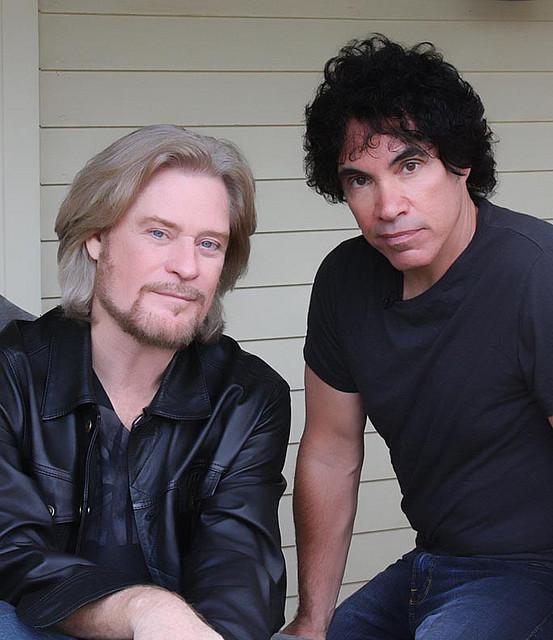I was having dinner with my wife and asked the waitress for a glass of water with lemon. The waitress looked at me quizzically and returned a few minutes later with a huge glass of sliced lemons. My wife turned to me and said, “See, you’re too quiet.”
I recently read Susan Cain’s bestselling book, “Quiet,“ which intertwines her life as an introvert with the history, psychology, and cultural implications of being an introvert. I was thinking about “Quiet” the past few weeks. In several recent conversations (actually, most of my life) people have said to me, “You’re so quiet.” and “I didn’t even know you were here.” I recently volunteered for a big work initiative and was reminded (again) of how little I speak.
No doubt, I am a full-on introvert and have always exhibited introvert qualities: conservative, self-aware, observant, quiet. But like Susan Cain, my introvert self gets a little frustrated and irritated when these qualities are looked upon as negative. In other words, you should speak more, be louder, and overall be more visible. When I hear these things, my inner introvert wants to go into beast mode.
Western culture celebrates being outgoing, loud, and assertive. So when it comes to the quieter individual, questions like “What’s wrong?” or “Is something bothering you?” usually comes up. Cain also points out that being neither loud nor outgoing sometimes gets confused for lack of leadership and productivity (inferring that quieter individuals don’t add as much or can’t be leaders). This makes sense. If you’re an introvert and have ever sat in a meeting where team leaders or decision-makers are chosen, the more boisterous individuals take over and are usually selected.
So for introverts reading this, I completely understand your frustration. And for you extroverts, keep these things in mind before you jump to your extrovert conclusions:
I like to eat lunch alone. I’m not antisocial and I’m not some kind of social outcast. In fact, I enjoy eating with co-workers – sometimes. This alone time allows me to sit in silence and recharge from all of the social interaction I had earlier. For introverts, think of this as interval training. We operate best when some down time follows our social interactions. For extroverts, this would be the complete opposite, where they would require some kind of social interaction after a long period of silence or being alone.
I don’t need to be speak all the time. I talk when I need to say something. Big misconception – being an introvert does not mean someone is shy (timid, hesitant, or afraid). It simply means they pick and choose their spots to speak – after some introspection. In other words, you won’t find introverts spouting off or “shooting from the hip.” In fact, when introverts speak, people usually stop and take notice because they do speak less often.
I prefer to kick it with a few people…not work a whole room. Social butterflies we are definitely not. Icebreaker activities are like kryptonite for introverts. Introverts excel in small group interactions. In large parties or big gatherings, forget it. In these situations, you’ll find me with a few friends and a beer. Of course we’re happy to meet new people but you will never see us working the room.
You’re stressing me out with your 100-miles-an-hour stream-of-consciousness speaking. Introverts are patient and need time to reflect on and assess ideas. When working in a group setting, this can be seen as anti-social or not being engaged, when in fact we’re completely engaged. It’s just that I’m still trying to process the first idea the group came up with…and now we’re on idea number ten.
My inner introvert feels better now. He’s had a chance to sit down in a nice quiet place, think about what he wants to say, and put it down via a favorite introvert activity – writing.
So before you jump to conclusions at work, in the gym, or while serving sliced lemons in a huge glass, remember the innate tendencies of your introvert friends. More than likely, there’s nothing wrong with us (and if there was, it might be a while before we speak up to tell you). In fact, we’re probably enjoying your company while taking everything in. That’s just how we’re made.
What challenges have you faced as an introvert and how do you deal with them?
Post your comments below…
















